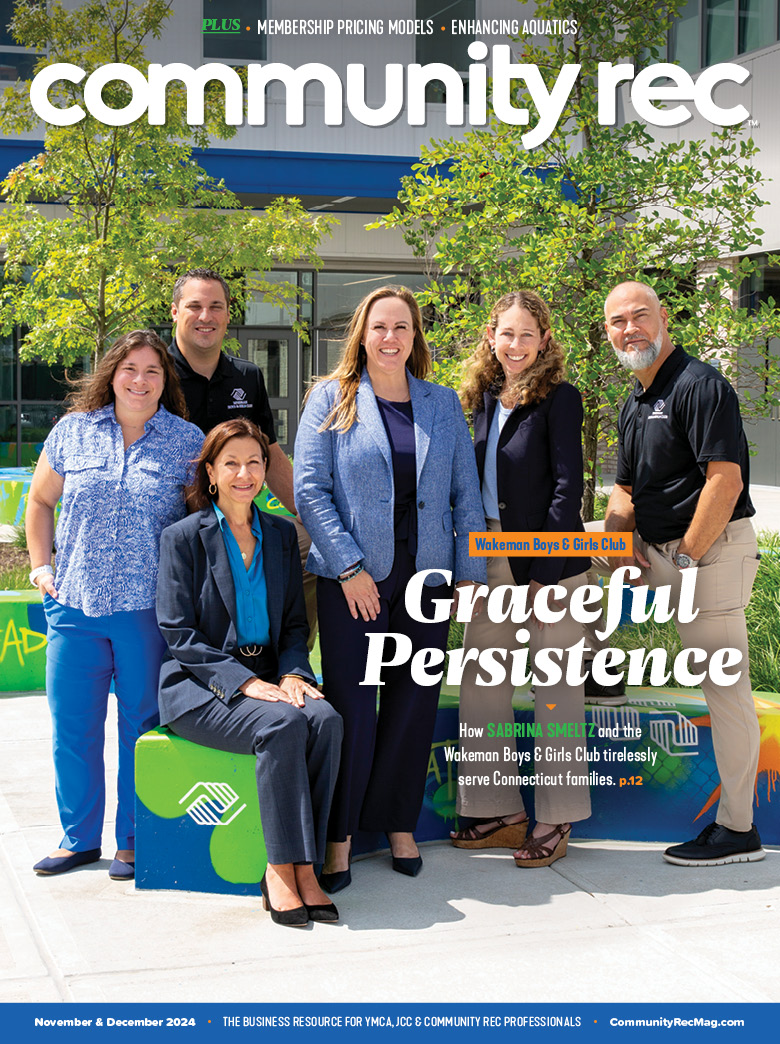To stay current in the world of youth fitness and sports, it is always vital to explore ways to enhance your programs. There are many ways to improve youth fitness and sports programs using new research methods and learning principles. It is critical to design youth fitness and sports programs that will increase athletes’ movement, skills and performance while keeping them motivated to improve and continue to practice.
To develop youth fitness and sports programs that increase an athlete’s movement, skills, performance and motivation, it’s crucial to start using the science of applied behavior analysis. Behavior analysis has been researched and implemented into practice for decades, improving the lives of others. Behavior analytic research has been conducted into sports training for over 30 years, and continues to grow in the field of fitness and sports due to its empirical data.
For instructors to stay current in their coaching and be able to teach, it is essential to start using techniques that are scientifically validated through empirical research to enhance athletes’ experience and performance while increasing the professionalism of their youth fitness and sports programs.
Instructors using scientific coaching will provide a purposeful game plan that will set up an athlete’s environment for success. Providing positive feedback will increase the probability of the athlete’s movement, and desired behaviors will continue in the future. Using data to drive decision-making is another considerable component in the success of an athlete’s experiences and performance.
It’s essential to use data to set goals, track athletes’ progress and refine teaching methods. When necessary, instructors who use data should change their coaching behavior to produce positive changes during classes or lessons — therefore, the athlete is always learning.
It’s paramount families invest their time and money into sports and fitness programs developed around using evidence-based methods and principles. Instructors who use behavior coaching and the best teaching principles centered on human learning theory will quickly improve and increase an athlete’s movement, skill, performance and motivation. Developing youth fitness and sports programs using applied behavior analysis will enhance the athlete’s experience and performance.
It’s essential to educate families regarding the importance of investing their time and money into youth fitness and sports programs that are evidence-based compared to those that use pseudoscience programs. Providing high-quality services to athletes is the primary goal of the instructor — therefore, using the best practices for athletes while informing consumers of fad programs that could be harmful, wasting families’ time and money. Pseudoscience doesn’t have research or data to back up its claims, and many of these youth fitness and sports products and services will use celebrities, testimonials and manipulative marketing tactics that have contributed to their popularity. Many consumers will waste a lot of time and money purchasing youth fitness and sports products and services that have claimed to benefit the athlete’s skill and performance.
Using the science of applied behavior analysis in youth fitness and sports programs will increase an athlete’s positive experiences, participation, movement, skills, performance and motivation. Behavior coaching provides instructors with evidence-based teaching principles and methods rather than using the “train and hope” model that doesn’t provide evidence of the athlete’s improvement. Continue to provide high-quality programs using the science of applied behavior analysis for athletes to receive effective fitness and sports training.










